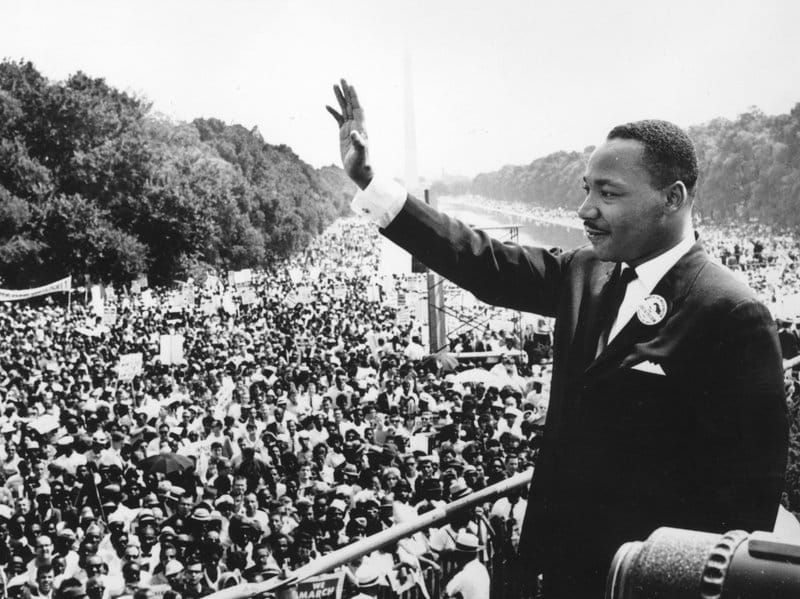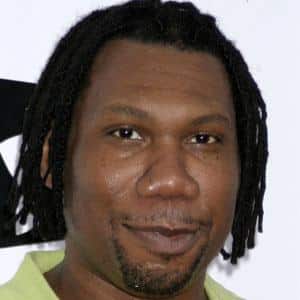Hip-Hop: More Than Just a Musical Genre
Amaia Calhoun
“Cultural knowledge is never objective”
As humans, we hold pre-conceived notions based on our past experiences which influence the lens or perspective in which we look through. As a result, objectivity is rare in the world despite public opinion. This was true at the height of colonization in which European colonizers did not acknowledge the humanity of the indigenous populations of African countries. “Savages,” “barbarians” and “uncivilized” are common words the colonizers used to described indigenous communities in Africa. Ironically, European colonizers are the true savages based on the precise brutal methods used to “civilize” the indigenous people.
KRS-One describes colonization as the invasion of cultures where the focus is the goods of the people, not the people themselves. Based on this extreme lack of interest in the people, the colonizers carry out a genocide or establish a system of enslavement, both horrific actions. Thinking of colonization in the context of Hip-Hop, the colonizers are the consumers, so to speak, who are solely concerned with “hip-hop” or the products of the genre, namely rap music. These consumers make no attempt to understand the collective consciousness of “Hiphop” or the culture of “Hip Hop.”
“If you’re afraid of pain and suffering, you’ll never be anything”
Due to a long history of conflict rooted in colonization, dehumanization and enslavement, African American men and women today face adversity in all aspects of life in the United States. In other words, life is full of hardship, disappointment and sacrifice. However, it is from this pain and suffering that life’s greatest joys and achievements originate. Using this perspective to think about Hip Hop, KRS-One describes a Hip-Hop scholar as someone who absorbs the culture of Hip-Hop all the time, even when it may not be popular. People who have chosen to represent Hip-Hop all the time have faced severe consequences such as serving jail time or enduring physical violence.
“The only place you see Dr. King’s ‘I Have a Dream’ speech is in Hip-Hop”
This quote of KRS-One is displayed at the very beginning of the video and then he discusses it later on. Initially, this quote caused me confusion as I did not understand what he was referring to exactly. I thought to myself that surely Dr. Martin Luther King Jr.’s most famous speech has more applications than just Hip-Hop. After hearing KRS-One’s full discussion of this quote, I now realize that he was not over-simplifying Dr. King’s speech; rather, he was making a provocative statement about the state of the world in which we live and the limited progress that has been made despite the passing of over 50 years.

Hip-Hop focuses on the content of one’s character rather than the color of their skin. This is not true for the rest of the world. Skin color will always play a role and influence outcomes.


